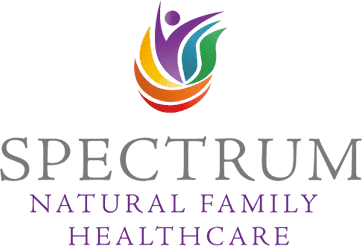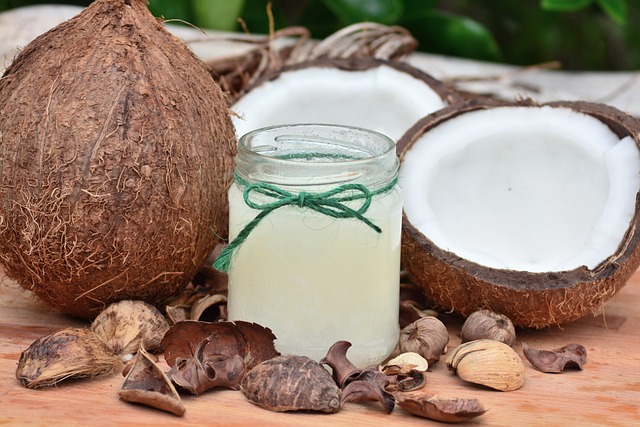Fats
By chiropractor Dr. Annika Jende
Fats are actually an essential component of our bodies – our brains, for example, are 90% fat, and, let’s face it, for most of us, our brains are pretty important. Every single cell has a membrane that consists of two fat layers. Cholesterol similarly is an extremely important component in our bodies, too – which is why we make about 80% of it, rather than relying on our diets to provide it.
Fats make you feel full, whereas carbohydrates make you feel hungry and cycle your blood sugar. BUT we do need to make sure we get the right sort of fats, so here’s the summary:
The bad and the ugly:
Man-made fats, such as margarine, are full of TRANS-fats, which the body does not recognize but they do end up in cell membranes in preference to omega 3’s. This makes the cell membranes BRITTLE and AGES the cells faster. Vegetable fats that have been heated more than once become cancer-causing – and keep in mind that a lot of fats are heated in the extraction process. Fast food outlets will often use the same fat for A WHOLE WEEK before it gets replaced. YUK!!!
The good: So, saturated fats:
Like butter/ghee and coconut oil. Yes! I use coconut oil for any frying, because it is saturated and hence can be heated and cooled many times without changing its structure. Butter and coconut oil also have a particular oil in them that is otherwise only found in breastmilk (coconut oil is actually a component of most baby foods), and it has all sorts of fantastic antifungal and other properties. A lot of people recommend having a tablespoon a day. Heating butter is a bit tricky because of the protein portion in it oxidizing, so ghee (clarified butter) is a better choice – unless you’re not going to heat the butter all that much.
Other fabulous fats are macadamia nut oil (great for the brain), avocado, sweet almond … try them all with their different flavours and textures (or blend them and use them as cheap and fabulous body lotion, just add a little essential oil!). Olive oil is not good for everyone, so use different oils to get their various benefits. Just a word of caution: These oils should be cold-pressed and should not be heated. And please don’t buy “vegetable” oil! Also, as far as I know, canola oil is severely denatured by the time it gets to the consumer, so steer clear of it, too.
Another good – and in fact, essential! – oil are the omega 3. Also known as fish oils. Except you should get them from small (coldwater) fish to minimize contamination with mercury and other pollutants (Sardines, anyone? Mackrel?) Salmon is farmed in Australia, and it only gets the pink colour from an artificial compound they get fed just before they are harvested – personally, I minimize salmon intake. If you decided to buy fish oils in capsules, please check in with us – cheap fish oils are often full of contaminants, and there are only a few brands I know of that keep their product really clean, and that test up ok consistently. Other fabulous sources of omega 3 is chia seeds, walnuts (beware of rancidity) and grass-fed beef.
Summary:
• Use coconut oil or ghee for frying
• If the oil is liquid at room temperature, don’t heat it.
• Use cold-pressed oils cold, and vary them.

